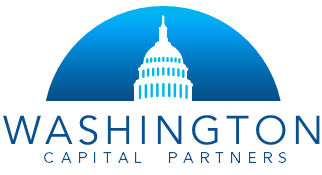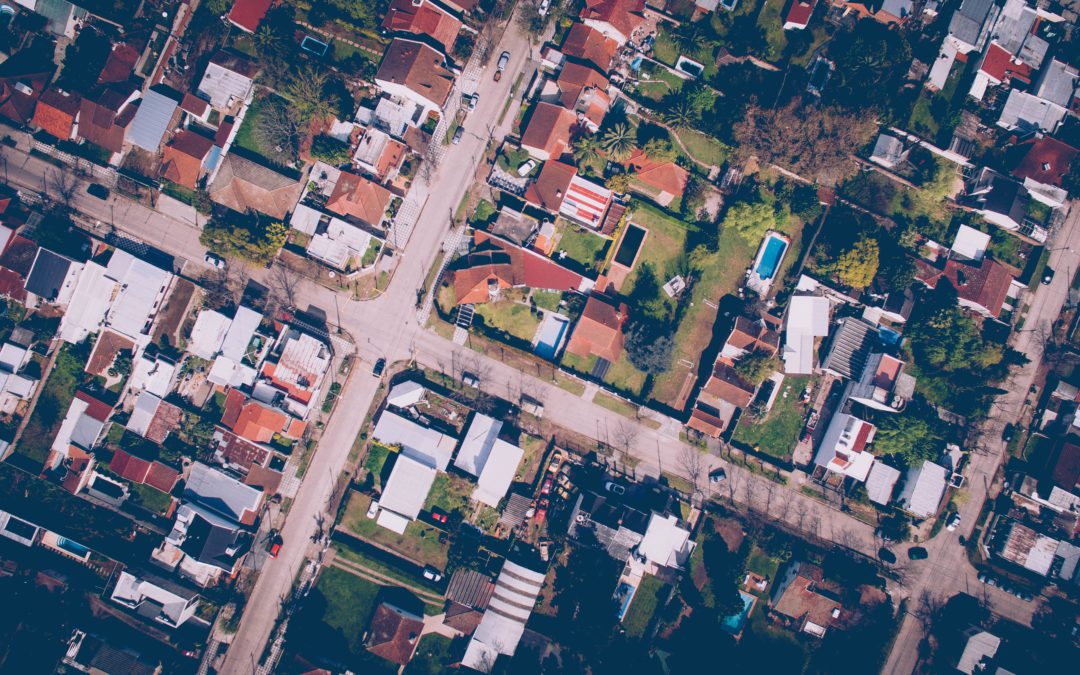You don’t want to build a 3-bedroom, 2-bathroom house in a neighborhood of mainly 5-bedroom, 3.5-bathroom homes. If you do, your finished product will have much less value than it potentially could have had. Here are the top three things you should know about the neighborhood before you purchase an investment property.
Who is your buyer?
If you decide to invest in a property is located in a lower income neighborhood or in an area with a lower average price point, keep in mind that you will probably be selling to an FHA buyer. If this is the case, make sure you understand the time requirements involved with the FHA process. Usually, the approval process for an FHA loan takes anywhere from 30 to 45 days. If you’re working with a private lender to finance your property, take into the account the length of your loan and how waiting on an FHA loan will affect your timeline. You should also keep in mind that if your property will be listed at a lower price point, it is likely that you’ll have more offers on the finished property. This is a good thing, but it’s another factor that could affect your timeline.
Ask local residents and realtors about the neighborhood to get the best idea of what kind of buyer you’re looking for. If you choose to work with a local lender, they can also help you decide on the best plan for your property. Those who live and work locally can tell you the neighborhood’s reputation, and they can also help you figure out what features of the home you should focus on and what features aren’t as important for that area.
If your property is located in a rough neighborhood, consider purchasing equipment such as security cameras, motion detectors and locks to keep everything safe and secure. Create a contingency in your construction budget to allow for possible security issues that could arise.
Location
The location of your property is important to consider. If it is in proximity to Washington, D.C. or any other major city, you will usually have a stronger market the closer to the city you get.
Another important factor is the kind of street the house is on. Is it on a busy state route or located on a small side street? This will affect the value of your property. For example, families tend to prefer to live on calmer streets where children can play in the yard without having to worry much about speeding traffic. When selecting a property in a neighborhood, always look for properties that you can create value in. Choose a property that you can add a certain amount of value to where the market will respond accordingly, allowing you to increase the price. So if the property is on a busy street, can you compensate for that drop in value by adding another bedroom or bathroom?
You should also be sure to note whether the neighborhood is mainly made up of homeowners or renters. Most of the time, a home will get a little bump in value if it is surrounded by established families as opposed to transient neighbors that are renting for the time being.
Consider looking in neighborhoods where there have been a lot of other home renovations. If other homes in the area have been renovated and sold, then you will have something to compare your property to in order to price it competitively.
Job and population growth
Job and population growth drives the housing market. The more growth there is, the more demand there is for homes. The Washington, D.C. market is generally stable. Because it is a government hub with a steady population increase, it was still rather stable during last downturn. So, if you choose to invest in properties in Washington, D.C. or its metro area, you will hopefully be more protected in doing renovations since the demand is almost always there.
As always, if you have any questions about private lending or real estate investing, feel free to reach out to us.

